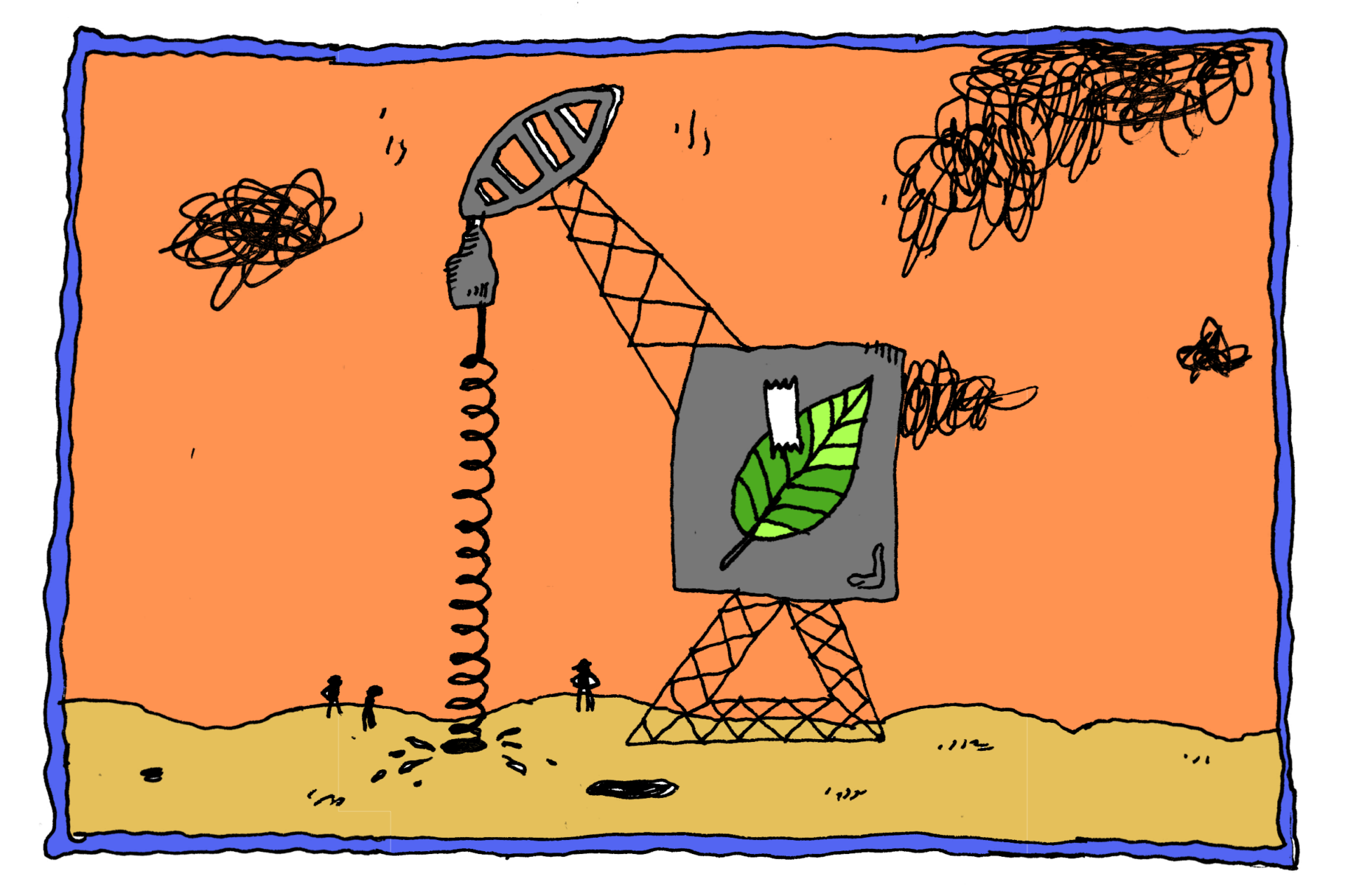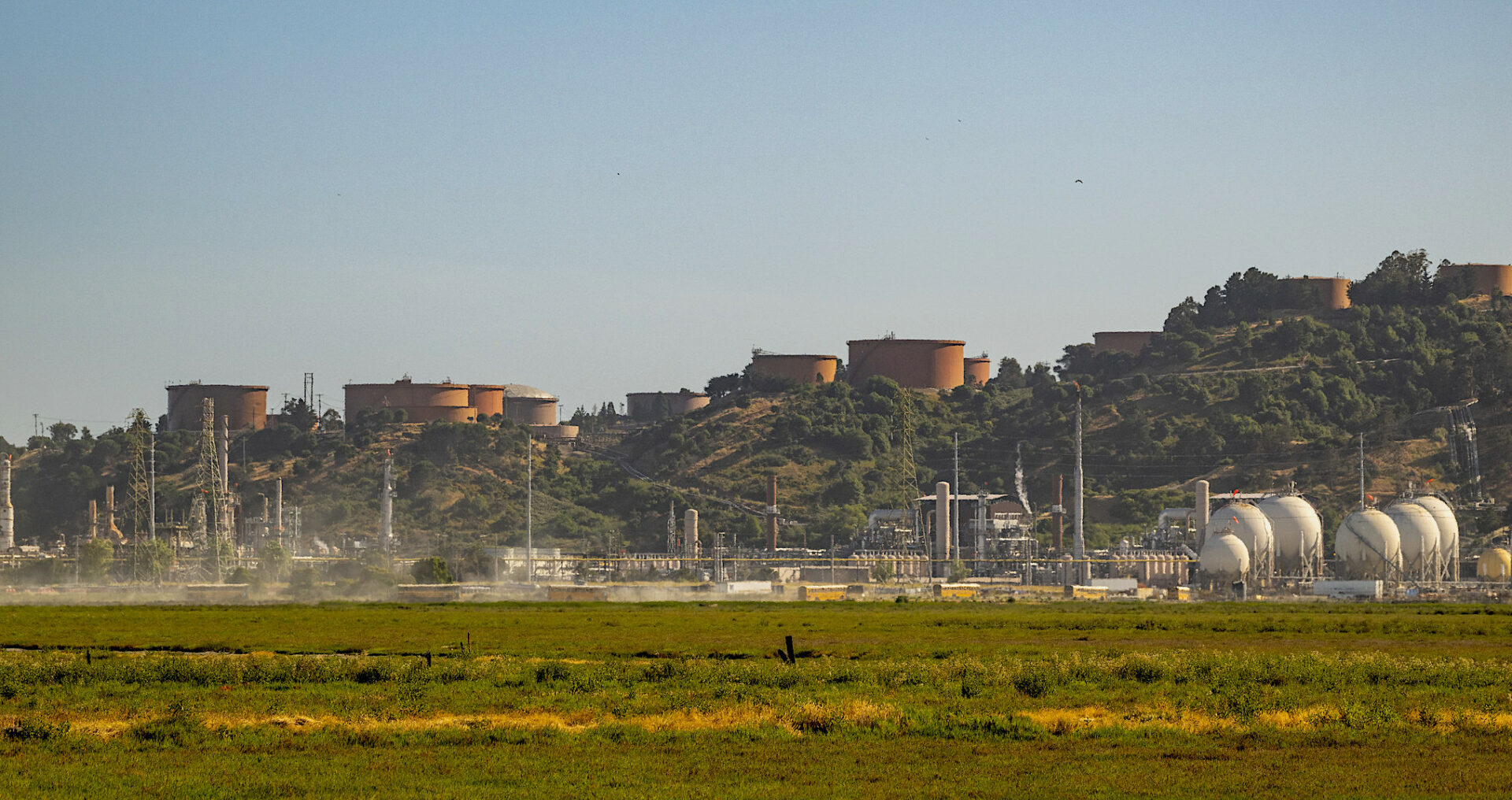Big Oil Cheats Generations
Did captains of the oil industry intentionally deceive and mislead the public as a strategy to sell fossil fuel-driven lifestyles to Americans? Leaders in Congress think so, and now they want oil barons to pay for allegedly compromising the health and safety of billions of people for their own financial gain.
“For more than half a century, Big Oil has misled the American public about its role in the climate crisis, doing everything in its power to keep the United States and the world dependent on its polluting products,” Democrats on the House Committee on Oversight and Accountability wrote in a 65-page report released in April.
Over the course of nearly three years, members of the House Oversight Committee compiled 280,000 documents showing a clear pattern of deception and obfuscation within the offices and email accounts of executives with major oil companies, including ExxonMobil, Chevron, Shell, and British Petroleum. The investigation also targeted the American Petroleum Institute and the United States Chamber of Commerce. According to the joint staff report, the findings show how the oil industry has strategically clouded the science on how fossil fuel use destabilizes the climate and has intentionally undermined efforts to wean the global economy off of fossil fuels.
The report tracks back decades and shows how the industry shifted over time from outright denial of climate science to a more nuanced strategy of publicly showing support for renewable energy while privately plotting to continue with business as usual.
It claims to demonstrate for the first time “that fossil fuel companies internally do not dispute that they have understood since at least the 1960s that burning fossil fuels causes climate change and then worked for decades to undermine public understanding of this fact and to deny the underlying science.”
Climate change activists are not surprised by the findings. In Richmond, Katt Ramos, a program director with Communities for a Better Environment, says the oil industry and other corporate interests promote “false solutions” to address energy, climate, and pollution problems, ultimately encouraging more extraction of energy resources and individual consumption.
“They know oil is taking a downturn, so they want to continue to profit and remain relevant by using our terminology and greenwashing their image,” Ramos says.
Chevron tanks in North Richmond. The local plant has declined to work with community partners and planners on joint flood protections necessary to combat sea level rise. Photo: Karl Nielsen
She says alternatives typically perceived as effective solutions, like the increased use of electric vehicles, can easily externalize environmental impacts and emissions if oil production continues and extraction of lithium and cobalt – necessary for EV battery production – ramp up in ways destructive to communities.
The House investigation began on September 16, 2021 when the Oversight Committee sent requests to officials with oil companies and the Chamber of Commerce asking them to turn over specific records and communications. The oil officials reportedly stalled, failed to meet a deadline, and ultimately handed over “trivial and publicly available materials such as press clippings, regulatory filings, and pages from the entities’ own websites,” the report explains. So, the investigators took things up a notch and subpoenaed all six parties—which still resulted in partial obfuscation and redacting of emails. Some 4,000 requested documents were either withheld or redacted.
The report concludes by declaring “[i]t is long past time to hold Big Oil accountable for its deception campaign and to take action to undo the harms it has perpetrated.”
Ramos believes accountability could come in the form of heavy taxes on oil companies that are used to pay for community improvements, with a focus on gardens, greenways, bikeways, and climate-friendly transportation upgrades. Such programs, she says, must be paired to a global decommissioning of fossil fuel production and military operations that take a staggering toll on the climate.
“Even if we have a perfectly built eco-village in Richmond, if the military still exists and the fossil fuel industry still exists, that is a very short-lived dream,” she says.
Other Recent Posts
Slow Progress on Shade For California’s Hottest Desert Towns
Coachella Valley communities face record temperatures with little shade. Policy changes lag as local groups push for heat equity.
In Uncertain Times, the Port of Oakland Goes Electric
A $322M grant powers Oakland’s port electrification — cleaning air, cutting emissions, and investing in community justice.
Testing Adaptation Limits: Mariposa Trails, Marin Roads & San Francisco Greenspace
In KneeDeep’s new column, The Practice, we daylight how designers, engineers and planners are helping communities adapt to a changing climate.
ReaderBoard
Once a month we share reader announcements: jobs, events, reports, and more.
Boxes of Mud Could Tell a Hopeful Sediment Story
Scientists are testing whether dredged sediment placed in nearby shallows can help our wetlands keep pace with rising seas. Tiny tracers may reveal the answer.
“I Invite Everyone To Be a Scientist”
Plant tissue culture can help endangered species adapt to climate change. Amateur plant biologist Jasmine Neal’s community lab could make this tech more accessible.
How To Explain Extreme Weather Without the Fear Factor
Fear-based messaging about extreme weather can backfire. Here are some simple metaphors to explain climate change.
Live Near a Tiny Library? Join Our Citizen Marketing Campaign
KneeDeep asks readers to place paper zines in tiny street libraries to help us reach new folks.
Join KneeDeep Times for Lightning Talks with 8 Local Reporters at SF Climate Week
Lightning Talks with 8 Reporters for SF Climate Week
Staying Wise About Fire – 5 Years Post-CZU
As insurance companies pull out and wildfire seasons intensify, Santa Cruz County residents navigate the complexities of staying fire-ready.











